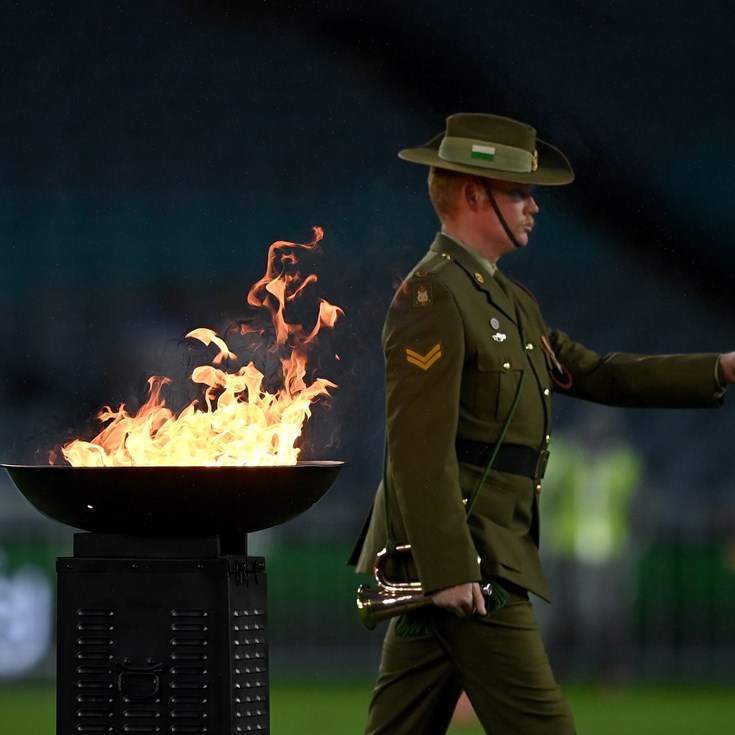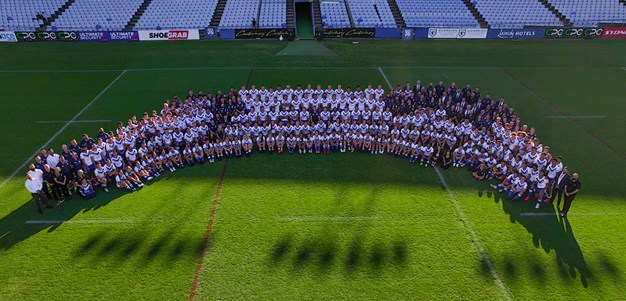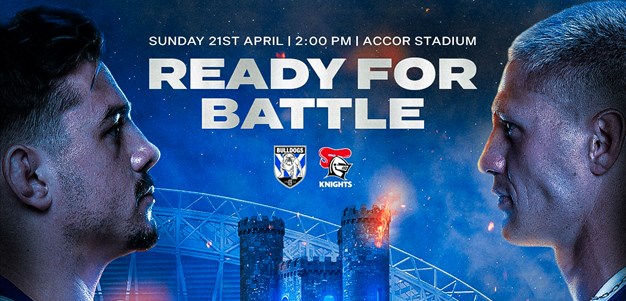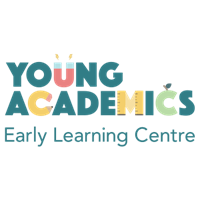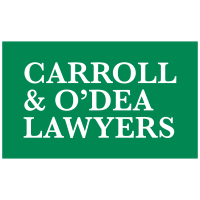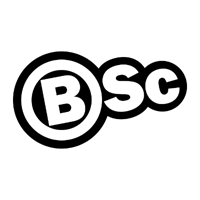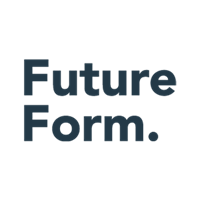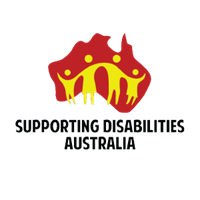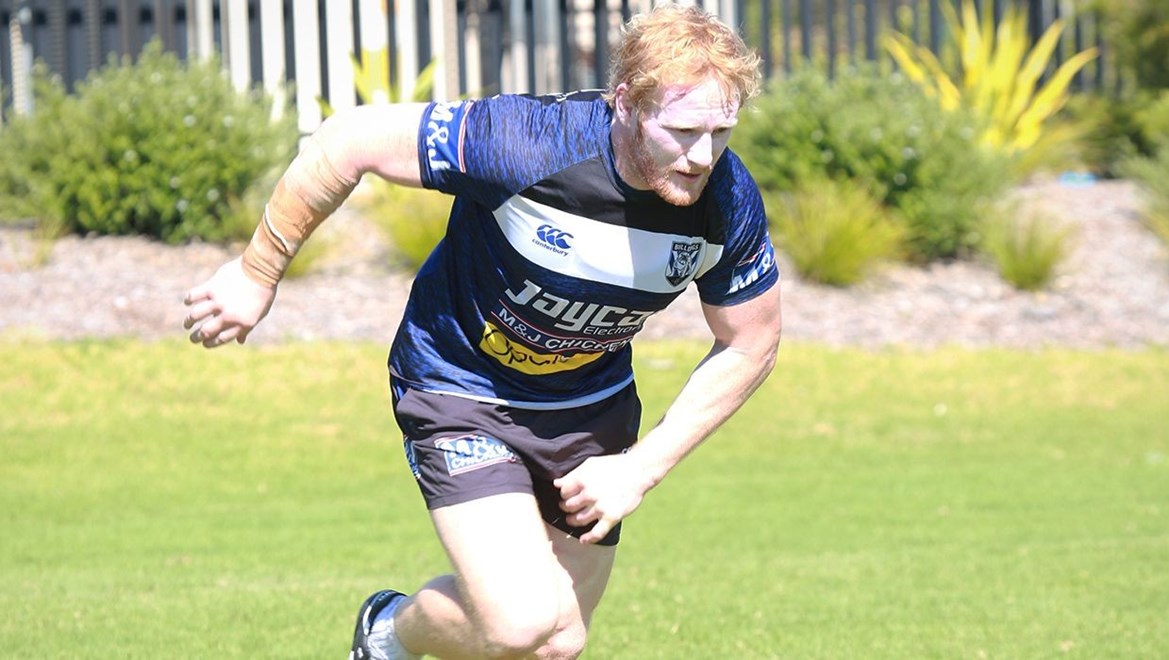

In the lead up to the Rugby League All Stars in a few weeks time, we have taken a moment to get to know some of the representatives from the Indigenous All Stars team and the World All Stars team.
This week is your opportunity to find out a little bit about Bulldogs, England International and World All Stars Forward James Graham.
How does it feel to be picked by Wayne Bennett and represent your country as part of the World All Stars?
It's a huge honour. I was fortunate enough to be a part of the event last year and thoroughly enjoyed it. With the new World All Stars twist it's something I'm really looking to be a part of.
It's a really good event to be involved in. We spend the whole week up there in Queensland and get out into the community – it's an opportunity to give back to those that love the game. There are kids who absolutely idolised Rugby League players and it's a great chance for us to pass on some positive messages on lifestyle and health and also learn about Indigenous culture ourselves.
You made your International debut back in 2006, what would you say has been the highlight of your International career?
When I got a phone call from the Coach to say that I was going to be representing my country, or the Great Britain side, which it was at the time. That was a pretty special moment, I had no idea that I would get selected at that point of my career, I thought I was way off. I was really fortunate in that we played at my home ground St Helens and I was also making my debut surrounded by 6-7 of my club mates. It's the opportunity that you dream about as a kid and it was a bit unbelievable at the time.
You were born just outside of Liverpool, England, what can you tell us about your own heritage?
I grew up in Liverpool, but my dad's family comes from Cumbria in the North West of England - one of the ‘forgotten heartlands' of Rugby League. It's a part of the world that unfortunately I don't get to visit that often but when I do go back I'm reminded of how much the people are Rugby League crazy – they just don't get to see enough of it at the top level.
My entire Rugby League heritage comes from there - My father and my grandfather were very influential on me as a young player. But down the road in Liverpool I was known as the Rugby League kid or the egg chaser which is what they refer to anyone who plays a form of Rugby as it's very much dominated by Football (Soccer) and they didn't really know the difference between League or Union.
How did you get into playing Rugby League?
My mum and dad met when they were both teachers in Liverpool, but being from Cumbria my dad was always into his Rugby League and he pushed me towards it when I was thinking about playing Football. It was probably him who recognised I didn't quite have the skill set to control the ball well enough to be a successful footballer.
What are some aspects of Australian life that took you a while to adjust to?
Australian's idea of a short distance was my idea of a long distance. That took me a while to adjust to. Sydney is a big city and when someone said we are just going across town it might take an hour I'd be taking an overnight bag! How far away the cities and towns can be.
Now that you live in Sydney, what would you say is a real point of difference from a cultural perspective?
There's certainly a bigger representation of different cultures and different parts of the world in Sydney – I think it's something that should really be celebrated. Most of the time everyone gets on with each other and everyone is respectful of other cultures.
The different cuisines on offer here is definitely a point of difference to back home. Training in Belmore we have a big Lebanese community and that's something I would never have imagined being involved with. It's given me a better outlook on life, I've learnt a lot form being immersed in their culture and met people that I would not have otherwise had the privilege of meeting.
